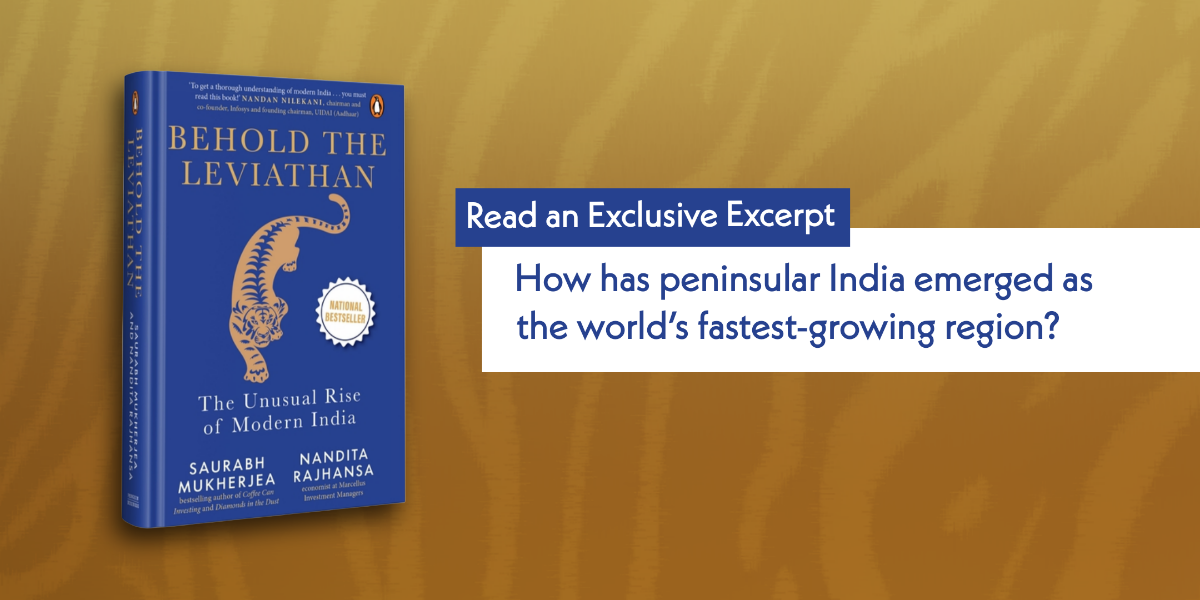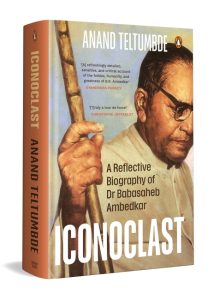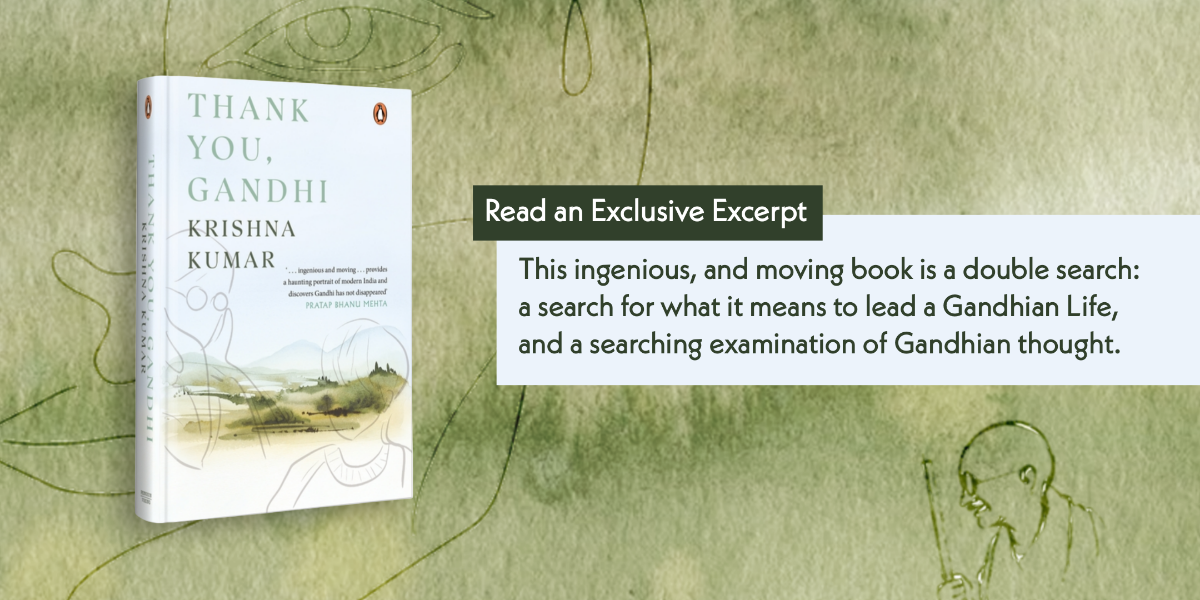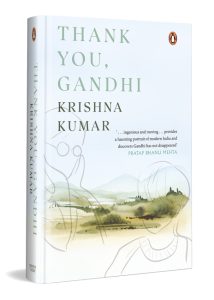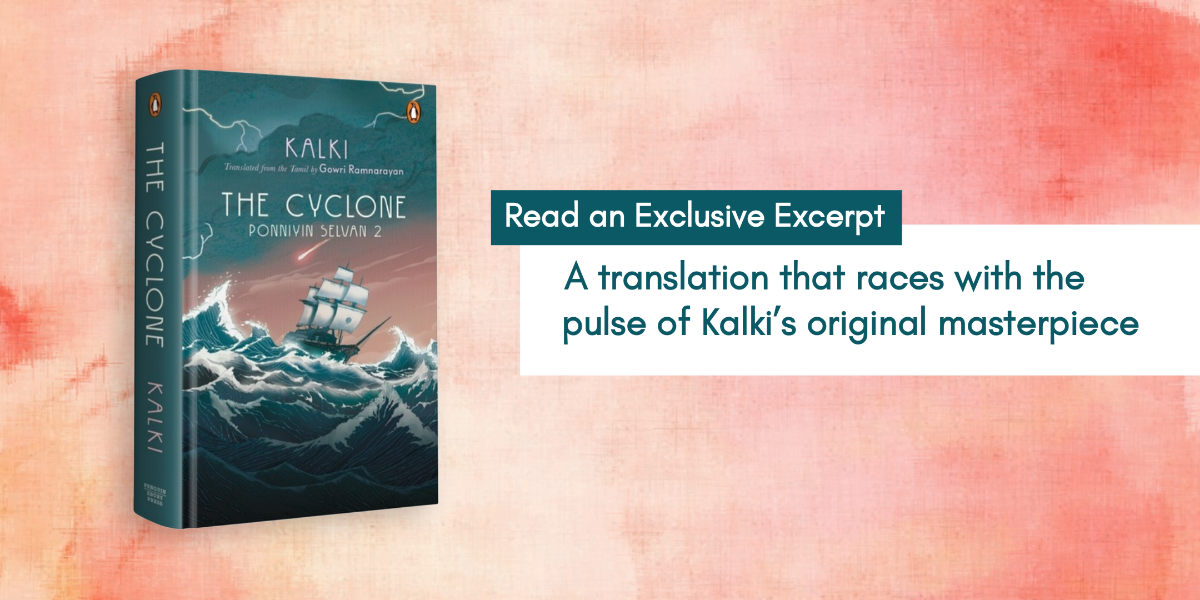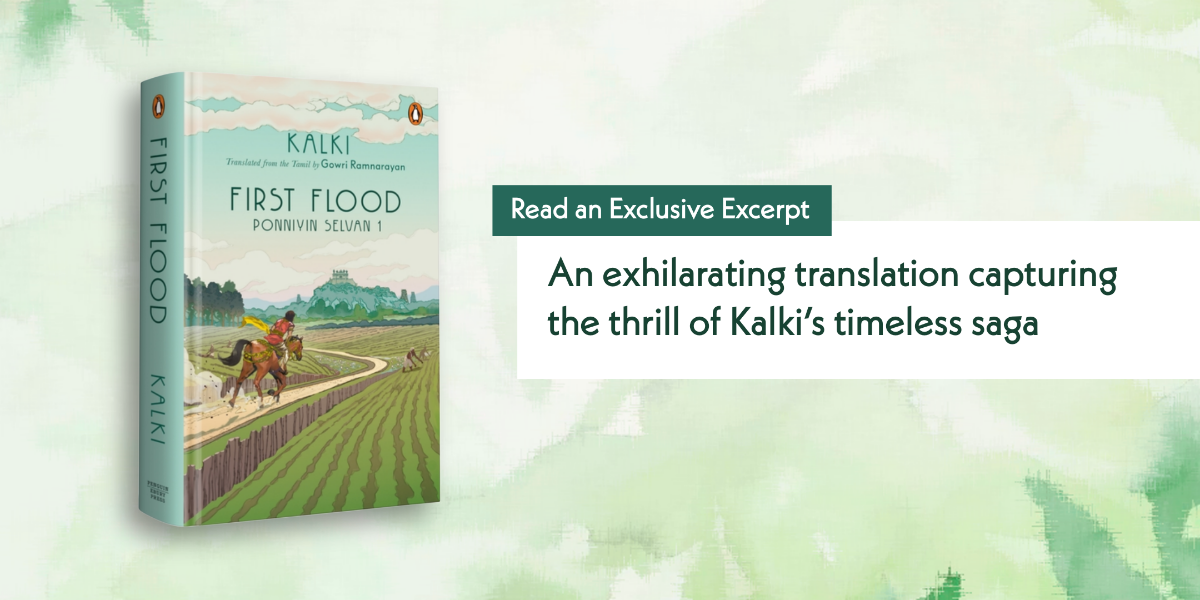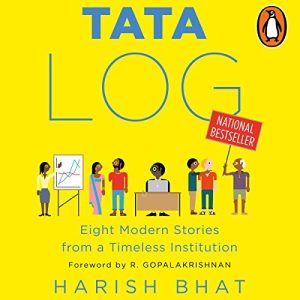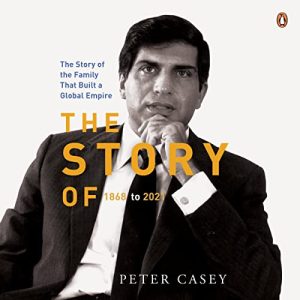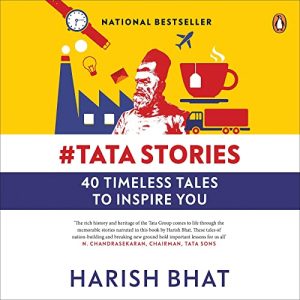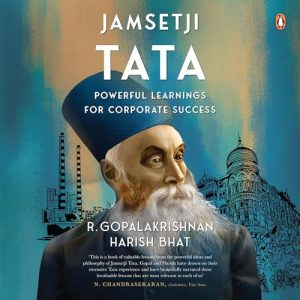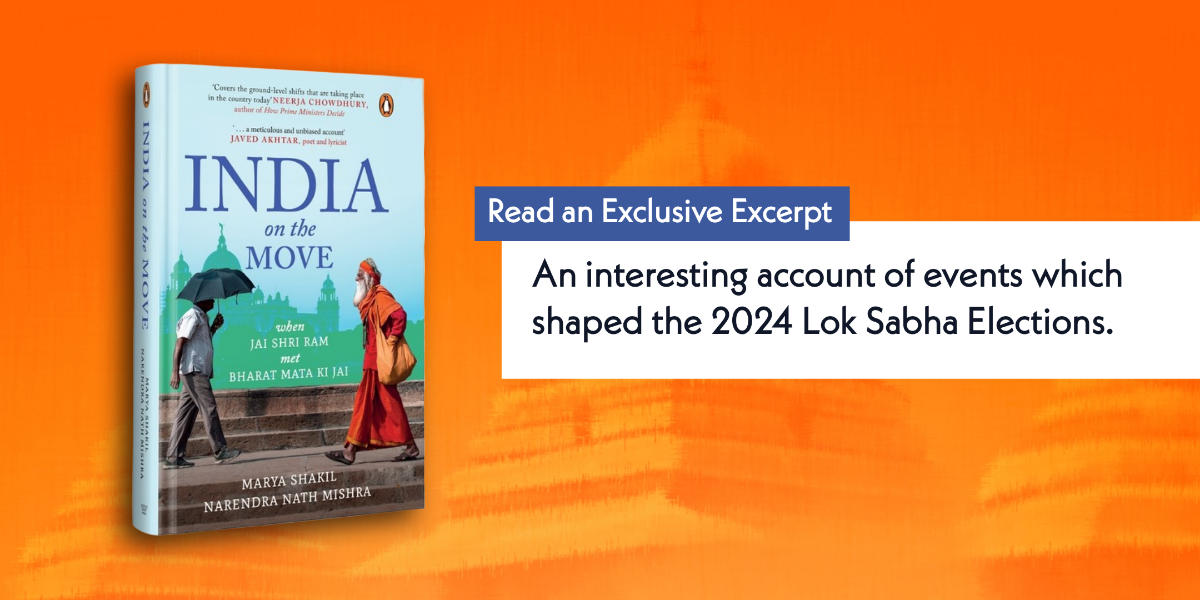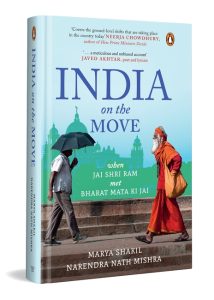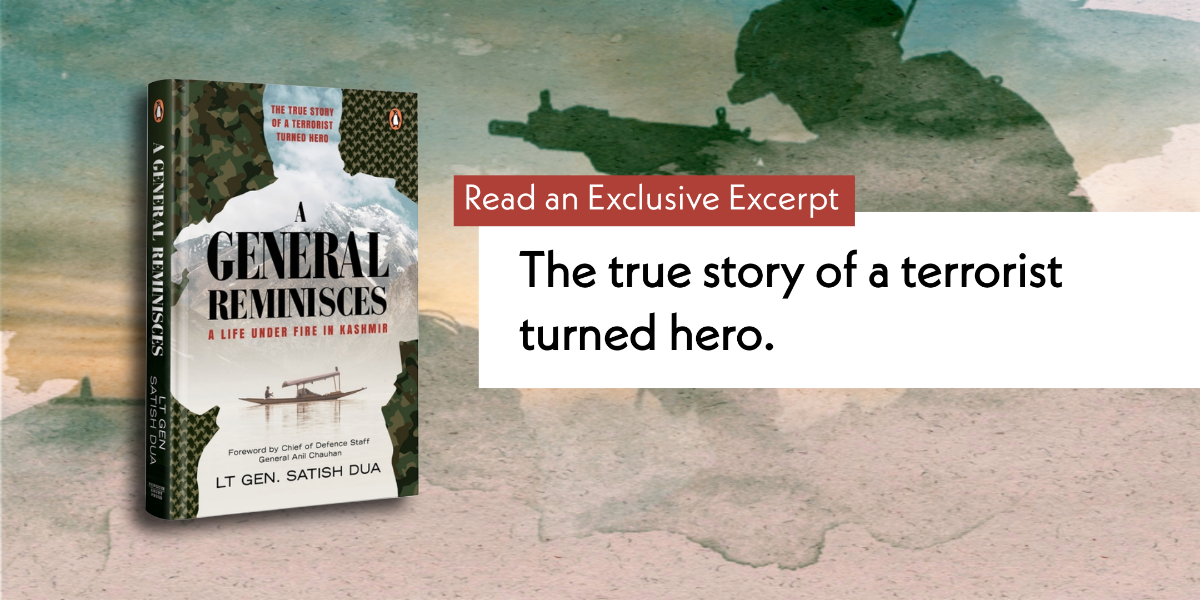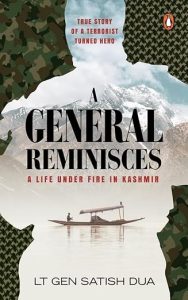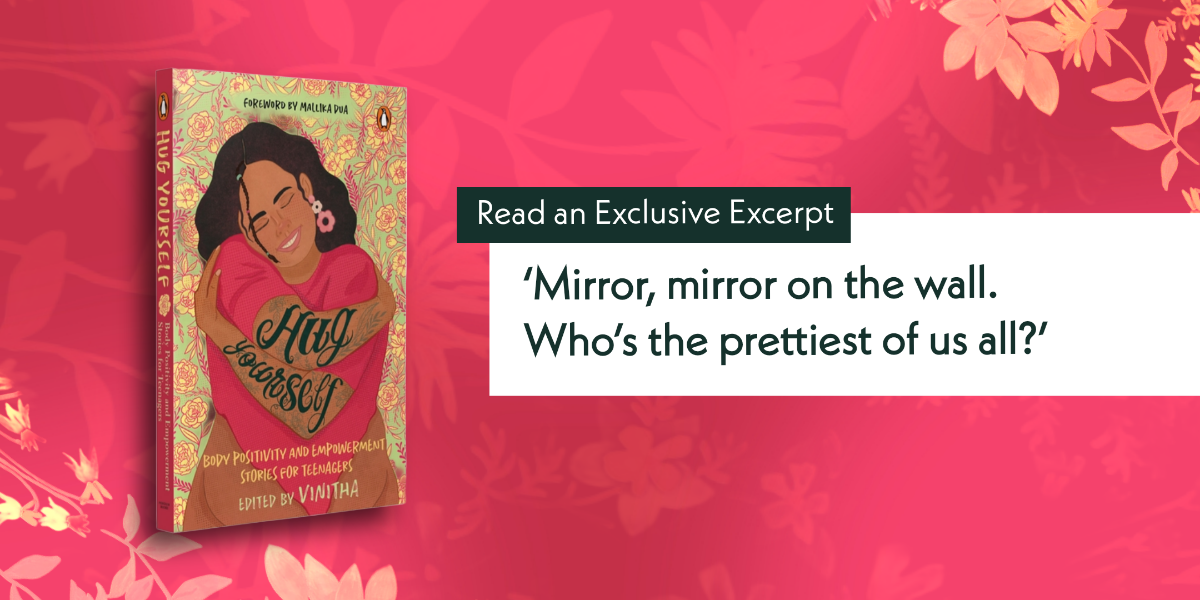In Behold the Leviathan: The Unusual Rise of Modern India, Saurabh Mukherjea and Nandita Rajhansa provide a gripping picture of how 1.5 billion Indians are combining to spectacular effect to create a range of social and economic outcomes which have no precedent in any emerging economy.
Read the excerpt to find out more.
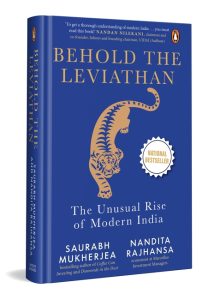
“India Today News Desk
Maharajganj, UPDATED: Jul 10, 2024 17:13 IST
Edited By: Vadapalli Nithin Kumar (With inputs from Amitesh Tripathi)
Around 11 married women have gone missing from different villages in Uttar Pradesh’s Maharajganj district after receiving the first instalment of the PM Awas Gramin Yojana. One of them has allegedly eloped with her lover.
The government scheme provides financial assistance to poor and middle-class families in building a permanent home. The issue came to light after a man, Sanjay, reported that his wife, Suniya, was missing after she received the first tranche of Rs 40,000 of the scheme.
Preliminary investigation by the Block Development Officer revealed that Suniya had eloped with an unknown person, taking the Rs 40,000 installment recently released by the government…
Subsequently, 10 other similar cases came to light, where husbands reported their wives to be missing.
Suniya’s father-in-law requested the government to transfer the remaining two instalments to his son Sanjay’s account.
“The money was sent to our daughter-in-law’s account, and we later found out she had run away with a boy. We demand the government send the money to my son’s account,” he said…
However, this is not the first such incident. Previously, four women from Barabanki district ran away with their lovers on receiving Rs 50,000 as part of the scheme.”
The rise of an entrepreneur from Jail Road Market, Delhi
Nestled in the crowded bazaar of Jail Road Market in New Delhi is a tiny shop selling colourful kurtas and pants for women, a common business in this neighborhood and in hundreds of similar markets across northern India. However, the owner of this shop and her story are anything but common. The owner is Jasmeen Kaur, creator of the now famous words ‘So beautiful, so elegant, just looking like a wow!’
Kaur shot to fame with this catchy phrase when Bollywood star Deepika Padukone recited it on social media and made
it famous. The rise of Instagram and social media, as well as their accessibility to millions of Indians, ensured that the phrase ‘looking like a wow’ became ‘viral’ and made Kaur a celebrity, potentially creating a pan-India—as opposed to local—market for her wares. She signifies the rise of a new India; an India where polished English and high-profile university degrees and MBAs are no longer a prerequisite for success.
Today India has millions of successful women entrepreneurs like Kaur. In fact, According to Bain and Co, there are approximately 15.7 million women-run enterprises in India, constituting 22 percent of the overall entrepreneurial landscape, a figure that has the potential to rise to 30 million with further support and encouragement. For example, 500 km from Mumbai, in the buzzing industrial town of Dewas in Madhya Pradesh (with a population of approximately 2 mn),84 a mother earns a livelihood by making and selling papads on Meesho, an online marketplace for consumer goods, especially popular in tier-3 and tier-4 cities. The profits she generates from selling this humble Indian snack enables her to not only pay for her daily expenses but also for her son’s tuitions, thus making her financially independent of the men in her family.
Rather than being exceptions, such stories are the norm today in India. Women throughout the country are successfully launching their own businesses. According to Periodic Labour Force Survey (PLFS) data, women’s share in self-employment has been steadily rising in India, especially in rural areas, whereas men’s share in self-employment has been falling.
While the self-employed category is vast and includes unpaid labour too, if we go one level deeper and see the stratification within the self-employed, the rise of women entrepreneurs (rather than ‘woman unpaid’ labour) is evident. In the exhibit below, for women, the share of “self-employment by own account” (i.e. running an enterprise of one’s own) and “self-employment as an employer” (i.e. running a business in which the owner is an employee and, in addition, employs others) has increased between 2017-18 (when PLFS started) and 2022-23. It is notable, that the same trends are not visible for male workers. Even more remarkably, the share of women performing unpaid labour has gone down during this time period.
So, what is going on here? What are the drivers of the rapid rise in entrepreneurship among Indian women? We believe there are several forces at work here, including rising education levels among women, greater access to financing for women and greater female political participation.
***
Get your copy of Behold the Leviathan by Saurabh Mukherjea, Nandita Rajhansa on Amazon or wherever books are sold.







